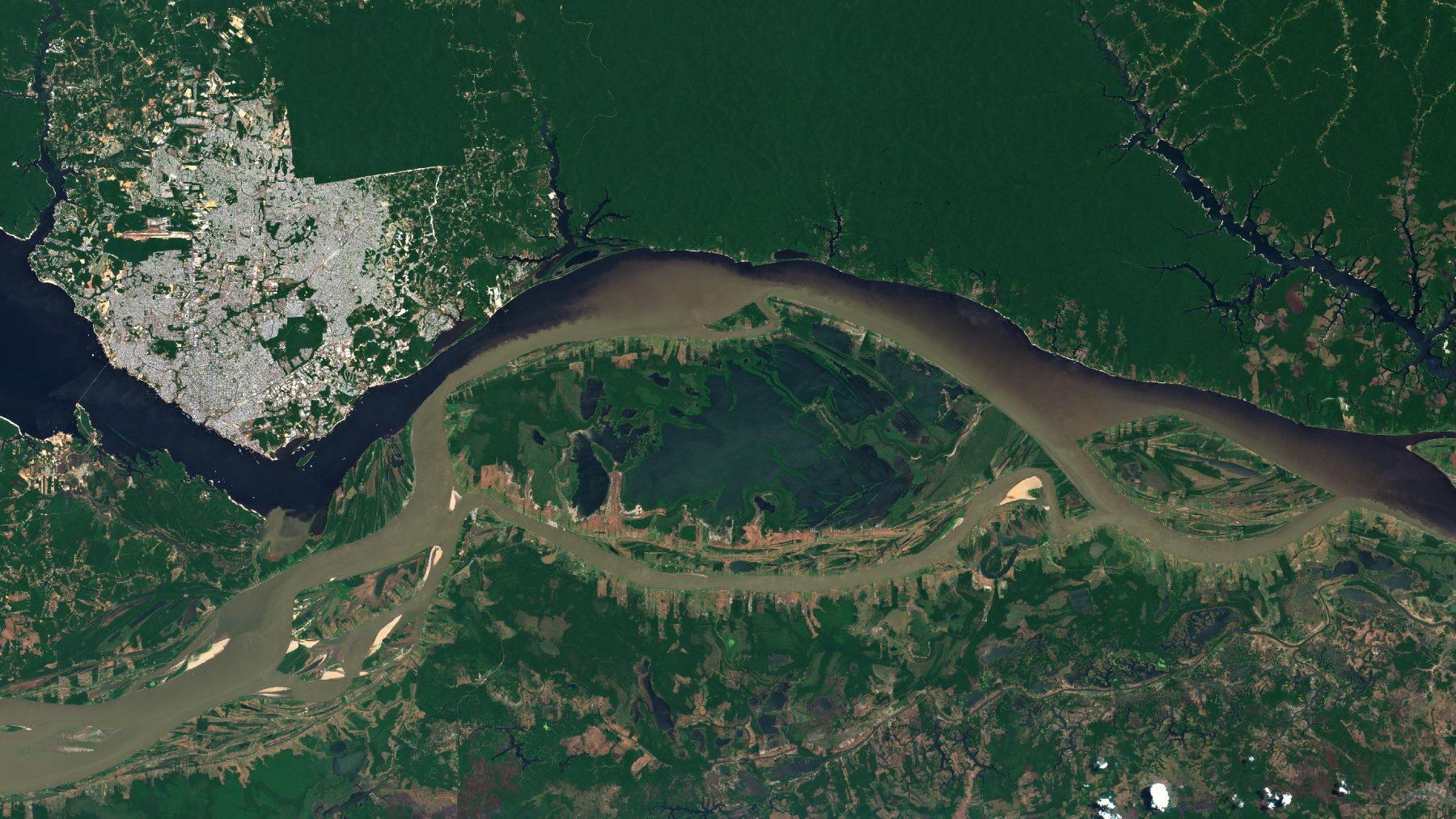Artificial Intelligence wizards at ESA Φ-lab exploit Sentinel data to the max



As part of its joint initiative with ESA Φ-lab, UNICEF appointed two researchers to work on a project that forms part of the UN Secretary-General’s Digital Cooperation Roadmap. The project maps current access to electricity and the Internet for schools around the world, in support of an ambitious UNICEF target to provide connectivity for every child by 2030.
In an effort to close the digital gap of countries with no Internet access and children without connectivity at home, UNICEF and the International Telecommunication Union created Giga, a global initiative whose goal is to understand the current connectivity status. This is where remote sensing and ESA Φ-lab come in—with its expertise in enhancing the value of satellite-derived data through artificial intelligence. The team at Φ-lab is employing Artificial Intelligence (AI) to analyse multi-modal Earth Observation and terrestrial datasets.
Read the full article on sentinel.esa.int.
Copernicus Sentinel-2 image courtesy of ESA
Share